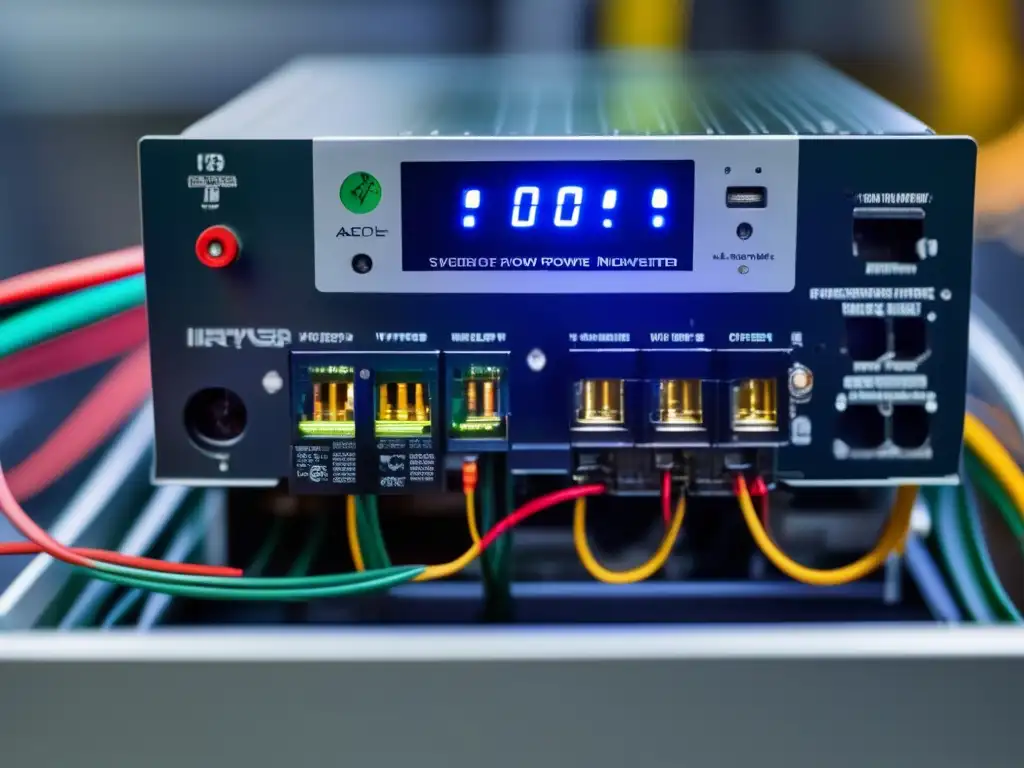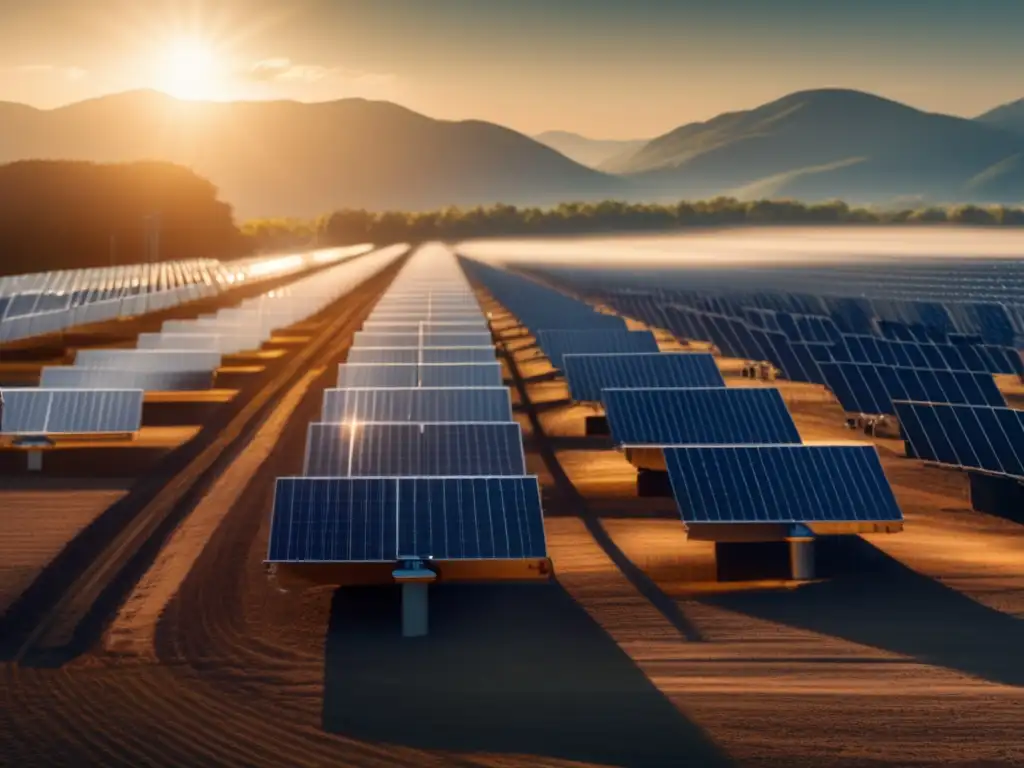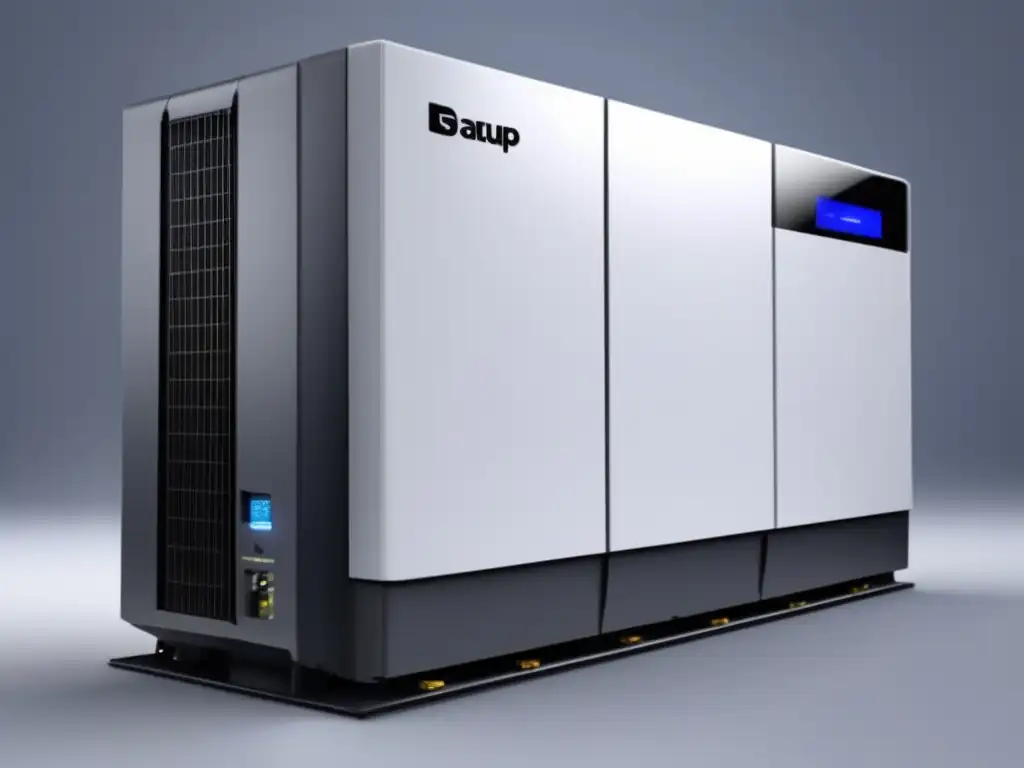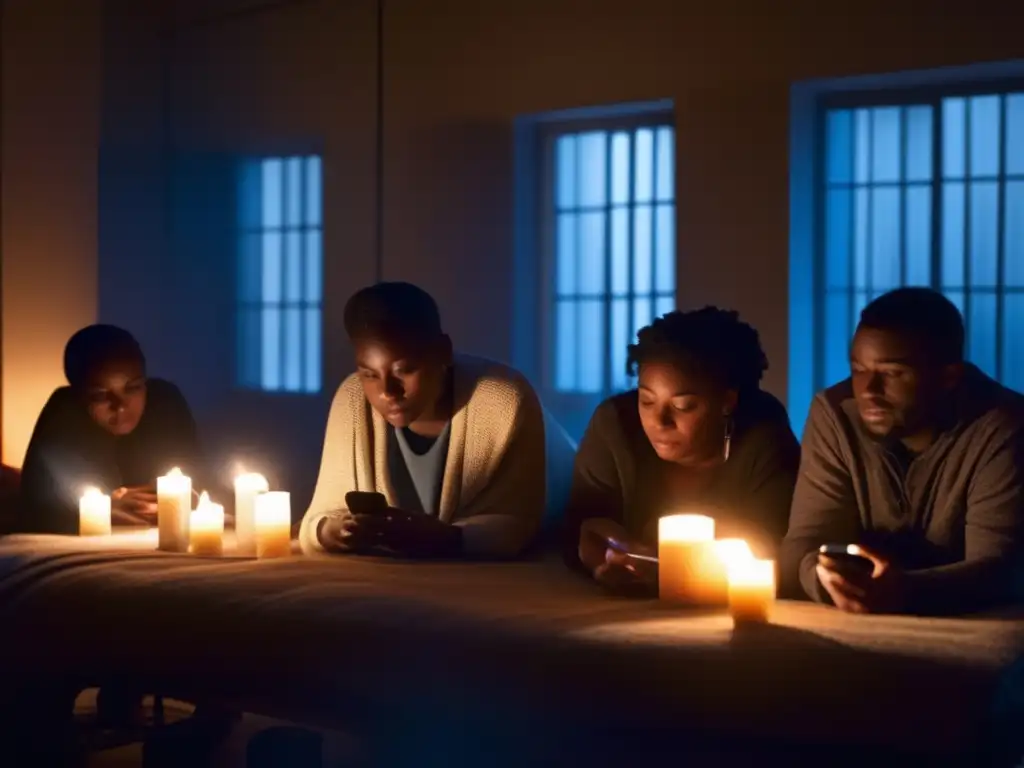Backup Power Sources: Exploring Options Beyond Generators

Backup Power Sources: Exploring Options Beyond Generators
Introduction
When it comes to preparing for hurricane season, one of the most critical steps you can take is having a reliable backup power source. In areas prone to severe weather conditions, a power outage is a common occurrence during and after a hurricane, which can cause unbearable discomfort and, in some situations, put lives at risk. Backup power sources like generators are an efficient means to an end, but they can also be loud, expensive, and incompatible with your home's electrical systems. This article will explore alternative options worth considering that extend beyond traditional generators that work well for those living in hurricane-prone areas.
Hybrid Power Inverter Systems

Dual-Purpose Equipment
A hybrid power inverter system is an innovative alternative to traditional generators. They are dual-purpose equipment that converts solar energy into electricity, stores energy in batteries, and uses this stored energy to power essential appliances when the grid is down. Hybrid power inverters function by synchronizing with the grid to provide power to your home in a stable state. This system can be used to support your home while also feeding excess energy back into the grid when it is functioning, resulting in lower energy bills over time. These systems are typically more expensive than conventional generators, and they require professional installation, but they are a long-term solution for those living in hurricane-prone areas.
Operation Modes
Hybrid power inverter systems offer various operating modes, which include:
- Grid-Tied Mode: The system synchronizes with the grid, providing power and stabilizing current voltage levels.
- Off-Grid Mode: The inverter system powers your home independently from the grid.
- Hybrid Mode: The inverter system automatically shifts between grid-tied and off-grid modes, depending on the status of the grid.
Benefits
The benefits of using a hybrid power inverter system are as follows:
- Environmentally friendly – reduces carbon footprint
- No noise pollution
- No reliance on fossil fuels
- Savings on energy bills in the long run
- Less maintenance than traditional generators
- Cleaner power to electronics and devices
Solar Generators

How They Work
Solar generators generate electricity through solar panels and convert it into usable electricity via an inverter. Solar generators require at least one battery to store energy, and larger models may have up to four batteries. They can be charged by solar panels or by plugging the generator into a wall outlet, and they typically offer USB outlets, AC outlets, and DC outlets.
Benefits
The benefits of using a solar generator are as follows:
- Run quietly, with no emissions or fumes
- Energy security during power outages
- Cost-effective for low energy consumers
- No fuel needed
- Eco-friendly
Limitations
It's important to note that solar generators have limitations. They work best when charged continuously, but if there are cloudy days or less sunlight, it could take longer to charge and provide less power. Also, they cannot power all home appliances, but they can keep essential appliances running.
Battery Backup Systems

Types of Battery Backup Systems
Battery backup systems are another option for those seeking a reliable backup power source during and after a hurricane. They function by storing energy in batteries and using it to power essential appliances when the grid is down. There are two types of battery backup systems:
- DC-Coupled Systems
- AC-Coupled Systems
DC-Coupled Systems
DC-coupled systems are more commonly used in homes with grid-tied solar systems that already include an inverter and can be configured to prioritize battery use before drawing power from the grid. It can be combined with a backup generator or used as a standalone system.
AC Coupled Systems
An AC-coupled system is a standalone battery system that uses an additional inverter to convert the DC power from the battery backup into usable AC current that powers your home.
Benefits
The benefits of using a battery backup system are as follows:
- No pollution
- No noise pollution
- No reliance on fossil fuels
- Savings on energy bills in the long term
- Cleaner power to electronics and devices
- Highly customizable for individual needs
- Less maintenance than traditional generators
Wind Turbines

How They Work
Wind turbines harness wind energy to generate electricity. They work by converting kinetic energy into electrical energy through the use of a generator. Wind turbines are typically used as part of a hybrid system, which includes an inverter to convert DC power to AC power that can be used in your home.
Benefits
The benefits of using a wind turbine are as follows:
- No fuel costs
- Low maintenance
- Clean energy source
- Less reliance on the grid and fossil fuels
- Long lifespan
Limitations
It's important to note that wind turbines require a steady and consistent wind speed to generate electricity efficiently and are only suitable for areas that experience consistent winds.
Frequently Asked Questions

-
Can I use a solar generator without direct sunlight?
A: While a solar generator can still work on cloudy days or with indirect sunlight, it will take longer to charge and may not provide as much power.
-
Do battery backup systems provide enough power to keep my entire home running during an outage?
A: It depends on the size of the battery backup system and the energy demands of your home. Most battery backup systems are designed to power essential appliances like refrigerators, lighting, and medical equipment.
-
What type of wind turbine should I get for my home?
A: The size and style of wind turbine you need will depend on the wind conditions in your area. A professional installer can help you select the best option for your home.
-
Can I combine two backup power sources to provide more energy during an outage?
A: Yes, it's possible to incorporate multiple backup power sources like a hybrid power inverter system with battery backup or solar generators to extend the duration and amount of available power during an outage.
-
Which backup power source is the best for hurricane-prone areas?
A: It depends on your individual needs, budget, and location. It's essential to consult with a professional installer to determine the best backup power source for your specific situation.
Conclusion
Having a reliable backup power source is critical for those living in hurricane-prone areas. While traditional generators are an efficient means to an end, they come with several limitations. This article explored alternative options worth considering that extend beyond traditional generators, including hybrid power inverter systems, solar generators, battery backup systems, and wind turbines. Each option offers various benefits and limitations, making the selection process critical and best evaluated by consulting a professional installer. Regardless of which backup power source you choose to install, having a plan in place is crucial to keep you and your family safe and comfortable in the event of a hurricane and power outage.
[Encourage readers to share their thoughts in the comments section, subscribe to the website, and share the article on social media.]
Additional Resources

- https://www.energy.gov/eere/articles/5-types-renewable-energy-sources
- https://www.solarreviews.com/blog/is-a-solar-generator-right-for-you-032321
- https://www.nrel.gov/docs/fy19osti/71714.pdf
- https://www.energy.gov/energysaver/battery-backup-systems
If you want to discover more articles similar to Backup Power Sources: Exploring Options Beyond Generators, you can visit the Hurricane preparedness: category.
Leave a Reply




Articulos relacionados: